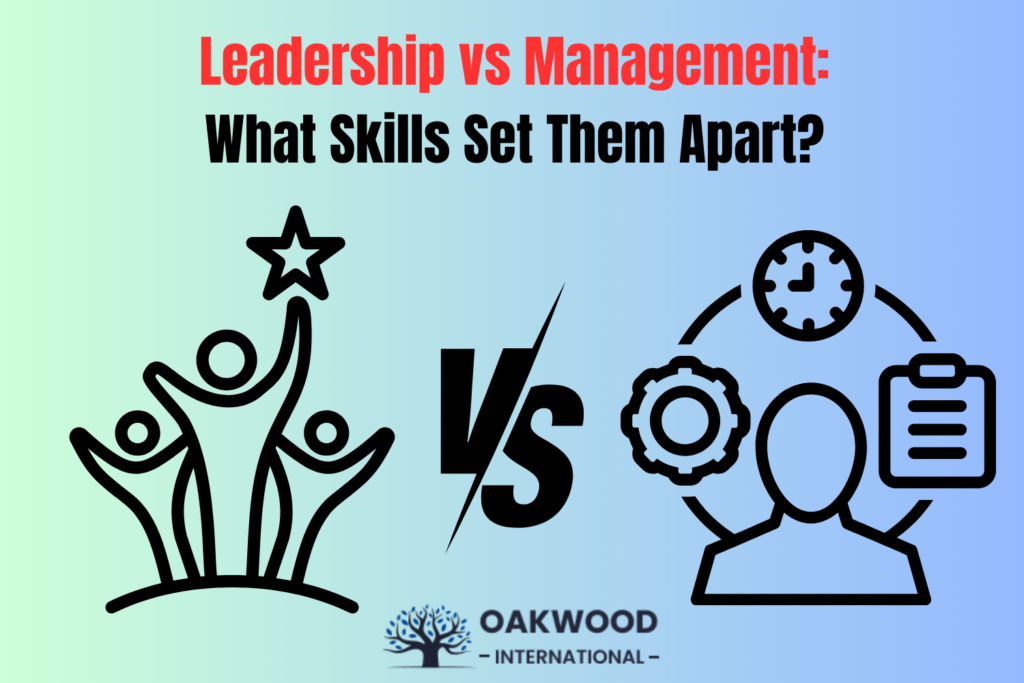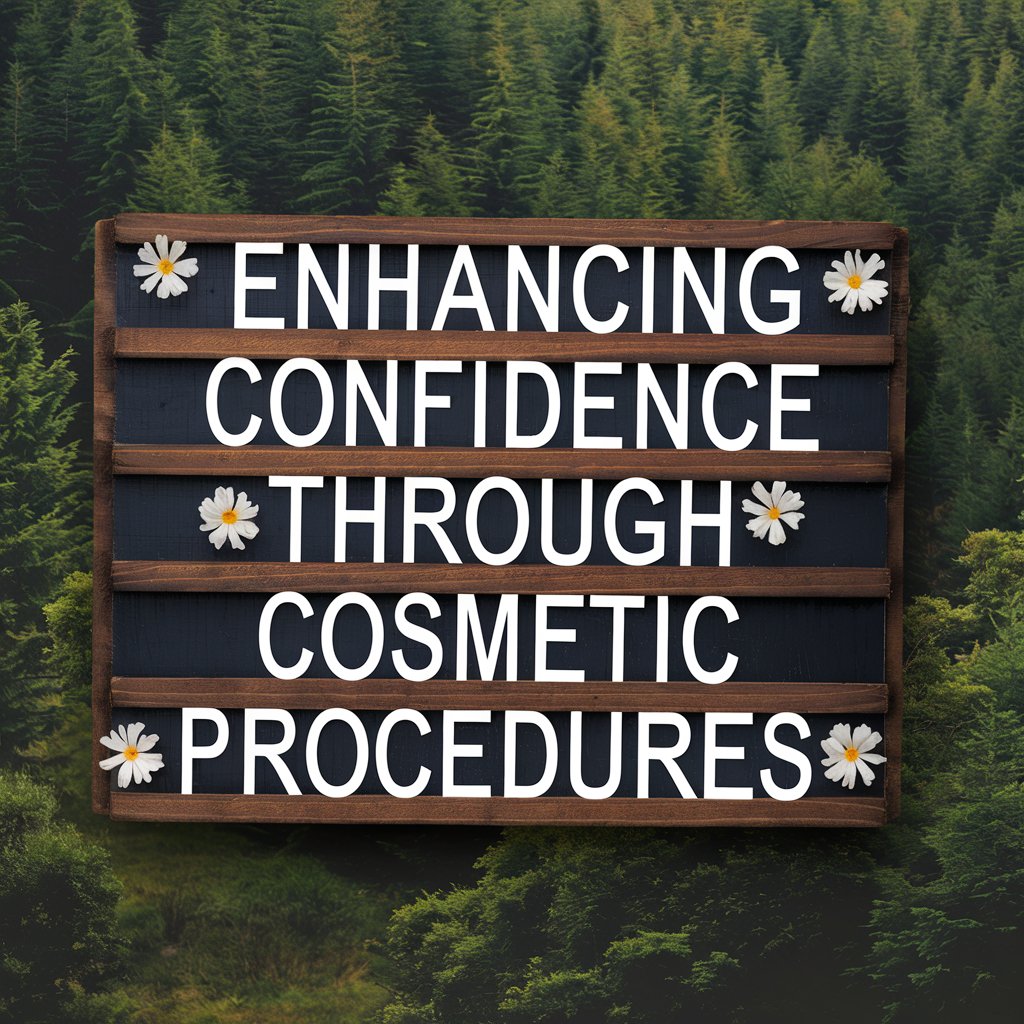Image Source: Pexels
There’s more to criminal law and how it really works and affects your daily activities, even if you have read some things about it in the news. From courtroom myths to misunderstood legal rights, most people get it wrong, and that can cost you big time.
You may need this guide to cut through the noise, exposing some common misconceptions that could seriously affect your situation in the future. If you ever face charges, these truths aren’t optional or can be laid aside. They’re part of your needs. It’s best to read before you risk your freedom.
Myth 1. “Unless you’re guilty, you’ll be set free fast”
It’s actually a misconception when you’re made to believe that innocent people breeze through arrests and trials just like that. In reality, however, many arrests do not lead to conviction, yet prosecution and pre‑trial detention can drag on for months.
In the UK, for example, only about 2 percent of offenses lead to conviction, and one in seven of those result in prison or jail time. It’s lower in the U.S., with only around 1 in 100 burglaries that led to incarceration, and less than 1 in 3,000 drug users get prison time. So the odds of arrest here are low, yet the impact of U.S. detentions can be quite serious even if you’re proven not guilty later.
Why it matters
You could end up detained or facing bail without being guilty if you’re too lax and confident that the law’s bite won’t reach you because you’re innocent.
Myth 2. “Felony and misdemeanor must be the same but bigger”
In the legal realm, criminal law divides or classifies offenses into misdemeanors, felonies, and infractions, and not on how “big” they are, like:
- Felonies are considered acts that carry prison time over a year, heavier fines, and long-term consequences, like loss of voting rights or career opportunities.
- Misdemeanors are usually those that involve shorter jail terms or probation.
- Infractions often just bring you fines.
While many punishments need to be viewed on their restorative intent, outcomes still depend on the nature of your offense, the circumstances, and your history. That’s why understanding these categories can help you weigh risks, plea options, and buffer consequences as the courts make sure justice is served.
Myth 3. “Public defenders are always weaker than private attorneys”
You might think hiring private attorneys guarantees a better outcome than relying on public defenders. A study, on the other hand, from 2019 to 2023 found public defenders achieved favorable results in 35 percent of cases. So, your key here actually is structure: public defender systems usually offer better oversight, caseload support, and internal accountability than ad hoc court appointments.
But while public defenders are quite capable and often underrated, they are also severely underfunded and overwhelmed with case dockets growing by the day. In Texas, there are many face-crushing caseloads that limit their bandwidth, and if your case is complex, high-stakes, or politically charged, that overload could cost you your liberty.
For Texans facing charges, a focused, battle-tested League City criminal defense attorney can give you something public systems can’t: consistent, dedicated time on your specific case, plus deep knowledge of local prosecutors, judges, and court dynamics, the personalized attention that your case might just need.
Myth 4. “Intent doesn’t matter; outcome is all that counts”
You may think that criminal liability only depends on the result, not mental state, but it’s not true.
In reality, intent, negligence, and recklessness shape charges and sentencing heavily in many crimes. You’ll face harsher penalties if the prosecution proves deliberate behavior versus accidental or unintentional acts. For the longest time, courts distinguished degrees of murder, assault, fraud, and other crimes based on mental state and intent.
Why it matters
So, if you’re proven to have acted without malice or intent, you may qualify for lower charges or reduced sentencing.
Myth 5. “Crime shows teach jurors what evidence is needed”
Many people today believe that juries expect DNA or forensic proof every time. Often, like the so‑called “CSI effect” suggests, crime drama viewers expect glamorous lab work. Some relevant studies, however, find no strong link between that viewing and jury decisions.
Studies, however, found that about 80 percent of U.S. legal professionals believe CSI influences jurors, but empirical juror research found no increased acquittal rates tied to show watching.
Why it matters
You need not assume weak evidence means acquittal, because a solid legal strategy, witness credibility, and procedural defense matter more than the proof you profer.
Myth 6. “Punishment always deters crime”
While it was long assumed that harsh or long sentences stop future wrongdoing, research shows that criminal deterrence depends on certainty and punishment’s speed more than their severity. This can be seen in poor communities’ lack of trust in their police force, that’s why many crimes go unreported or unsolved.
Why it matters
Knowing why deterrence fails can help you understand overcharging and plea leverage tactics, not just the severity of punishments.
Myth 7. “You can’t get justice unless you go to trial”
Another misconceived idea is the belief that only a jury verdict delivers fairness in today’s courts. Reality checks, however, found that over 90 percent of criminal cases in the U.S. end in plea deals, not battles in court. Meaning, effective representation and negotiation often yield reduced charges or lighter sentences without the stress of litigation.
Also, going to trial can be risky, expensive, and quite unpredictable. This is why you need to assess plea options carefully, consult those who are quite knowledgeable about local courtroom dynamics, and decide whether trial risk is worth it.
In sum, understanding these long-standing myths can help you protect your rights and all legal interests, especially when you find yourself walking the winding road of criminal law.




